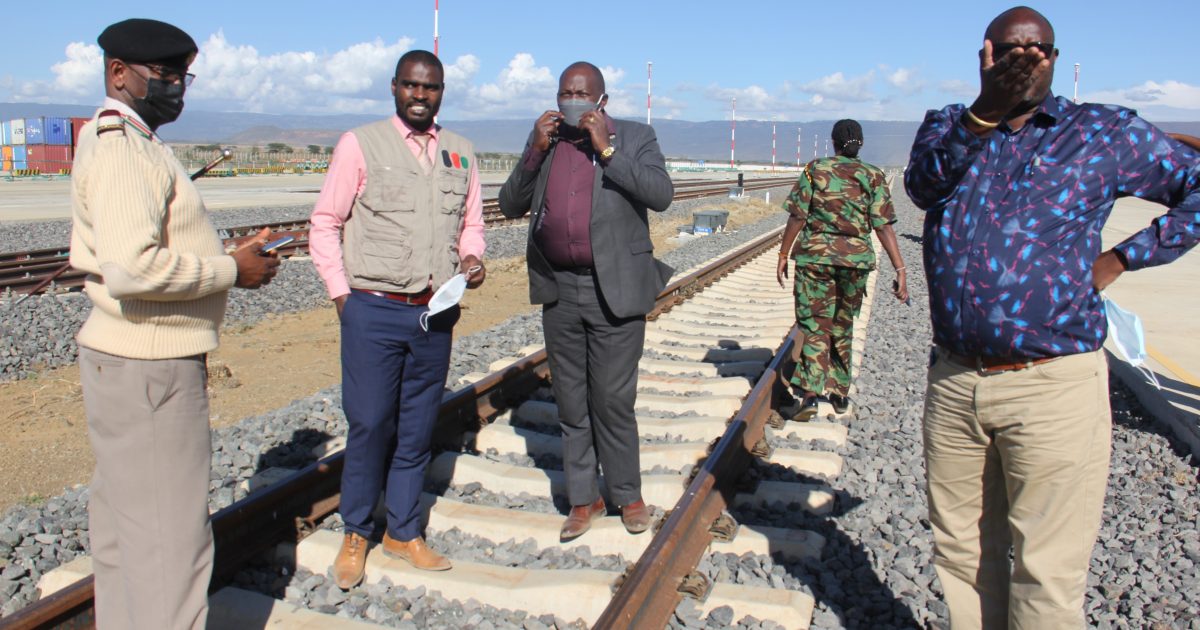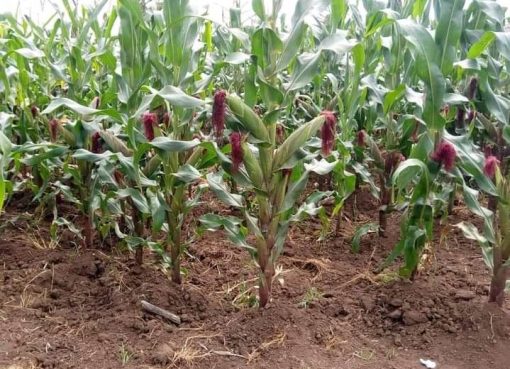The National Government is committed to making Nakuru County an attractive destination for local and foreign investors by committing more resources towards revamping the road and rail network and development of affordable geothermal power.
County Commissioner, Erastus Mbui Mwenda, said the National Government had pumped more than Sh10 billion to build and upgrade roads in the county adding that some of the projects are complete, while others are in advanced stages.
Mwenda noted that the road projects were a big boost to development through reduced transport costs and travel times, reductions in vehicle operating costs and increased speeds.
He spoke while leading members of the County Development Implementation Coordination Committee (CDICC) on a tour of projects funded by taxpayers’ money within Naivasha Sub-County.
“With the new developments, Nakuru is experiencing growth and influx of industrial investments. We are expecting an industrial revolution at the Naivasha Special Economic Zone which will be aided by the Inland Container Depot,” observed the administrator.
The County Commissioner indicated that upgrading of the Naivasha-Karagita-Kongoni Road that links up the Moi South lake road, which hosts dozens of camping sites and lake resorts, has also boosted tourism in Nakuru.
The new roads in the region, he said, were gradually breathing life into quiet towns and outposts making it easier for farmers to get their agricultural produce to market thus improving rural households’ income.
“The government seeks to improve transport, open up rural outposts as well as boost agriculture and trade in various places in Nakuru. The development of big and successful economies has always been connected to infrastructural expansion and as a government, we are making substantial investments in the infrastructure sector to achieve growth, “said Mwenda.
“The road projects will have a direct impact on the manufacturing, horticultural, tourism and hospitality sectors. The government is committed to making the Big Four Agenda a reality,” he added.
The administrator indicated that transportation of farm produce from the neighbouring counties of Narok and Kericho to Nakuru has been made easier, following construction of new roads.
He stated that construction of interchanges at Mau summit junction, Kunste and Njoro turnoffs that were completed two years ago have given residents, businessmen and travelers a breather from years of traffic snarl-ups that lasted for hours.
Mwenda urged contractors with unfinished jobs to speed up the work so as to ease the movement of people and goods.
“I call on contractors with pending jobs to expedite the remaining work and complete the projects that are critical to the efficient movement of goods, services and people,”he said.
He revealed that some of the projects were facing diverse setbacks, including litigation, wayleave challenges, acquisition of land, and funding suspension by the donor.
Other reasons for stalling projects have been the imposition of budget ceilings by the Treasury keen on taming expenditure.
Mwenda said that the suits have stalled some road projects by over three years while draining the state’s resources.
“Some projects in Rongai Sub-County could have been completed by now. In the latest case, a private developer put up a perimeter wall on a road reserve within Kiamunyi and moved to court when he was issued with a notice to demolish it.
Such actions inflate costs because even the little that has been done goes to waste,” stated the County Commissioner.
Mwenda petitioned private citizens to settle their claims against the government amicably through arbitration.
“Most of these matters can be solved by simply involving surveyors who through use of maps and ground measurements will be able to identify boundaries, way leaves and road reserves.
There is an undesirable culture spreading in the country at large. People have come to believe that every government project comes with bags of money for compensation,” said the administrator.
He affirmed that the government will demolish structures on road reserves at the cost of encroachers and ruled out compensation for such individuals.
By Anne Mwale





